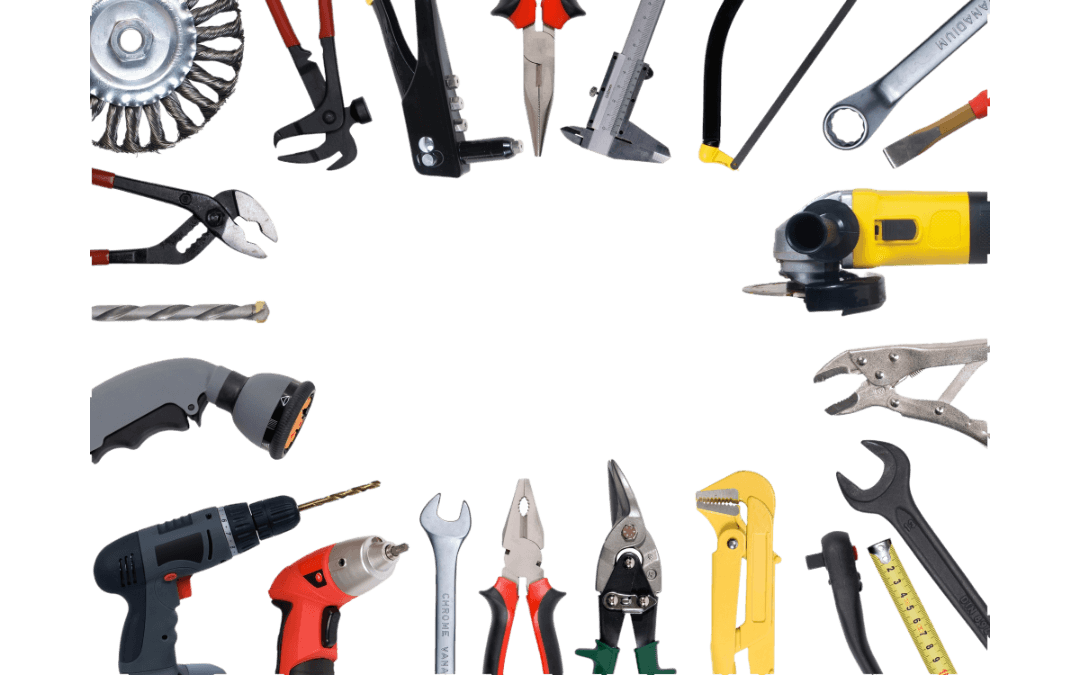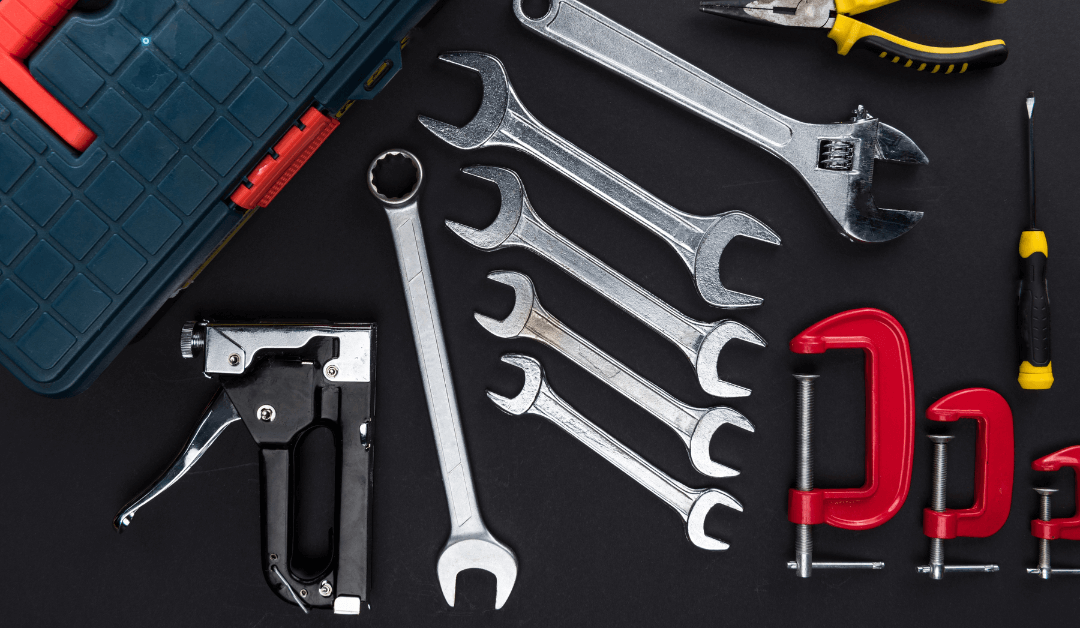We all have our own toolbox to help us get through tough times in our lives but also to solve daily problems. Some of the tools we inherited from our parents, grandparents or even the family members who came before them. Others we received from the people around us.
Most days, we use these tools automatically. Sometimes they look like repetitive thoughts, other times they come in the form of emotions and feelings. On some days our tools are actions we take. They are all coping mechanisms we picked up over time and practised until they become a part of our lives.
But is your box filled with the kind of tools that make your life easier or more difficult? Do they help you cope in a healthy manner? Or is it time to examine the tools and decide which ones to replace?
What is in your toolbox?
Coping mechanisms help you get through the day. Now what this day actually looks like depends on the beliefs you picked up about life. These beliefs start out as thoughts and when we think any thought often enough it eventually becomes a belief.
If you grew up surrounded by people who thought that life was hard and unfair, then getting through the day without a breakdown or finishing half of your tasks or just not being berated by anyone might already be a good day.
The thoughts you think, the emotions you feel and the actions you take are shaped by this belief. You might repeatedly think thoughts like “Only four more hours to go!” Nervousness and anxiety might be as much part of your daily routine as checking your to-do list several times a day.
These thoughts, emotions and actions are coping mechanisms because they soothe you and help you get through your day. But here is the thing: The only reason why they soothe your brain is because they are familiar thoughts, emotions and actions. You practised using these tools.
New Tools
Anything new stresses your brain because it requires effort. That is why familiarity is soothing. If your outside circumstances stress you out, you will automatically seek out old habits and old coping mechanisms. Not because they are the best techniques but because they are familiar. In the long run, some coping mechanisms are even harmful, like scrolling through social media.
Changing your life means changing everything in your life, including the tools you have been using to cope. These tools include emotions. If you habitually react angry when someone crosses a boundary, this is a coping mechanism. When someone crosses your boundaries, it feels anything from disrespectful to a violation.
Reacting with anger gives you a burst of energy to jump-start you into action. This reinstates your agency. But if you experience anger regularly it becomes an unhealthy coping mechanism. So when you want to change your life, you want to replace unhelpful tools with new techniques.

A variety of tools
Replace old tools with new ones. The key is the plural. One tool is not enough. You are in different situations surrounded by a variety of people every day. You also experience a range of emotions and have to take new actions. One technique or tool cannot be enough.
Just like it’s impossible to maintain a car with just one screwdriver, it’s impossible to stay calm, centred and happy by using a single technique. You need a variety of tools so you can pick the perfect one for each occasion.
Build your new toolkit with different techniques. Really take the time to learn and test every technique. Some will work immediately for you. Others you might have to practise for a few days or even weeks before they feel right. And others are an immediate “no” for you. Maybe they will work in future but for now they don’t. Discard those.
Tried and tested
Try your new tools when you already feel reasonably calm. You would not sign up for a marathon and then expect to run it the next day. You would train and work your way up first. And you would do so when you are in good health.
It’s the same with new techniques and tools. You want to practise them when you are in reasonably good shape so when an emergency comes up, the tool is right there and you know exactly how to use it easily.
Make sure you pick techniques in all three areas: Choose to learn new thoughts, practise positive emotions and take different actions. Set a goal to try the technique for a few days and keep the ones that give you relief. Stick with them so your brain can get used to the new you.
Putting together a new toolbox is a long-term project that never ends. Keep trying and testing any new coping mechanism that sounds good to you. Add the ones that work to your toolbox and discard what stopped working. Little by little you will replace old coping mechanisms with new ones and over time, they become automatic. When you change your toolbox you change your life.
Not sure where to find your new coping mechanisms? Take a look at my free courses A Month of Peace, A Month of Happy and A Month of Self-Love for your first 5 healthy tools to move towards a calmer, happier and loving life.
